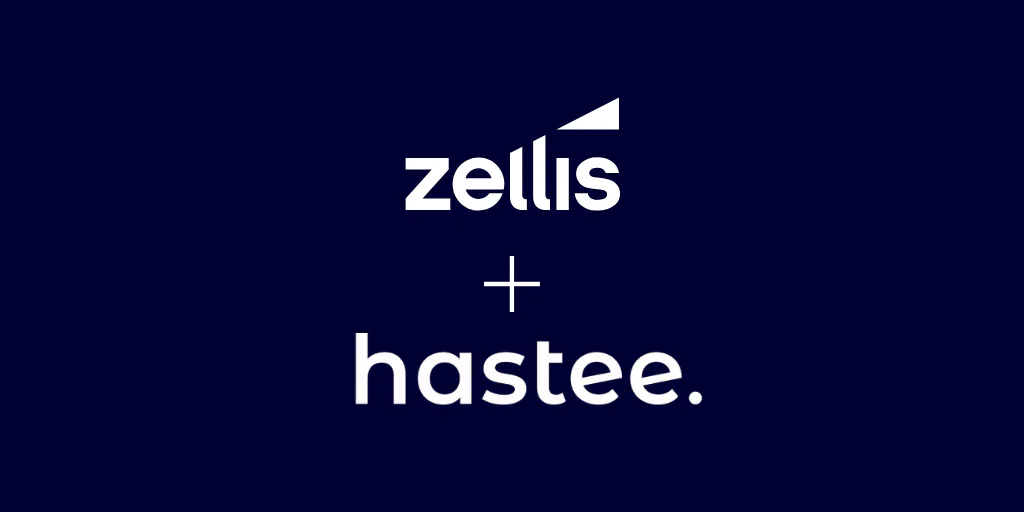
Wondering how to remortgage your home? This guide will take you through everything you need to know about the process, including how much remortgaging your property might cost and what you need to consider before going ahead.
- Remortgaging at a glance (video)
- Check the market for mortgage deals
- When it pays to switch and when it doesn’t
- Reducing your loan-to-value to get a better rate
- Remortgaging to get a better interest rate
- Remortgaging for more flexibility
- Remortgaging to consolidate debt
Remortgaging at a glance (video)
Read a transcript of this video
Check the market for mortgage deals
Use our Mortgage affordability calculator to find out how much you can afford to borrow.
We recommend the following websites for comparing mortgages:
Remember:
- Comparison websites won’t all give you the same results, so make sure you use more than one site before making a decision.
- It is also important to do some research into the type of product and features you need before making a purchase or changing supplier.
Get advice
Taking advice from a qualified expert offers you extra protection because if the mortgage turns out to be unsuitable, you can complain to the Financial Ombudsman Service (FOS).
If you choose to go down the ‘execution-only’ route (where you make decisions on your own without advice), there will be fewer circumstances where you can complain to FOS.
When it pays to switch and when it doesn’t
Use our Mortgage calculator to see how much you could save by switching.
In the two examples below you can see how the size and remaining term of your outstanding mortgage can affect whether or not it’s worth switching.
In the first example, the cost of switching (£500) is greater than the saving (£239.04), so there’s no point in remortgaging.
In the second example, it’s clear that switching mortgage saves money.
| Mortgage Loan Amount | £175,000* | £175,000* | £175,000 |
|---|---|---|---|
| Term of Loan | 20 Years | 20 Years | 20 Years |
| Interest during Fixed Period | 5% | 3% | 3% |
| Arrangement or Product Fees | 0 | 0 | £2000 arrangement fee added to mortgage |
| Total Cost of Mortgage over 20 Year Term | £291,196 | £271,719 | £274,824 |
| Total Interest Charged over 20 Year Term | £116,196 | £96,719 | £97,824 |
| Total Monthly Payment | £1,155 | £971 | £982 |
| Cost of Mortgage over 5-year fixed period including interest | £69,295 | £58,233 | £58,898 |
If you change your mortgage before the end of your deal you might have to pay a fee (called an ‘early repayment charge’.
*The total cost for credit is based on any mortgage related fees being paid upfront and not added to the mortgage. Mortgage related costs can vary greatly between providers and add to the cost of your repayments when added to the loan. The cost over the deal period is based on the initial rate remaining the same over that time and assumes that it will be reverted to the lenders standard reversion rate or SVR of 6%. The calculator is for a repayment mortgage where interest is calculated monthly. The results apply to daily interest where only one payment is made per month. Figures quoted have been rounded.
Use these links to get an idea of your home’s current value.
- Check whether your property might have risen in value on Zoopla.
- Look for similar properties for sale in your postcode on Rightmove.
- Use the Nationwide house price index calculator.
Remember to check associated fees and costs.
Check the costs
Before you switch be sure to check out the costs.
Some lenders might offer fee-free deals to tempt you, but if they don’t you’ll have legal, valuation and administration costs to pay.
You can use the Annual Percentage Rate of Charge (APRC) to help you compare deals.
The APRC is a way of calculating interest rates that incorporates some mortgage-related fees in the calculation, giving you a way to compare mortgage deals.
What might look like a money saving deal could end up losing you money if you don’t do your sums first.
Reducing your loan-to-value to get a better rate
Every mortgage deal has a limit to how much you can borrow when compared with the current value of the property.
This is shown as a percentage and is called the ‘loan-to-value’.
When you remortgage, the lower the loan-to-value you need, the more deals that might be available to you – and you might be able to get cheaper mortgage deals.
How to calculate your loan-to-value
- Divide your outstanding mortgage amount by your property’s current value.
- Multiply the result by 100.
Example
- Your outstanding mortgage is £150,000.
- Your lender thinks your property is worth £200,000.
- 150,000 divided by 200,000 = 0.75.
- 0.75 x 100 = 75 – so your loan-to-value is 75%.
Use these links to get an idea of your home’s current value.
- Check whether your property might have risen in value on Zoopla.
- Look for similar properties for sale in your postcode on Rightmove.
- Use the Nationwide house price index calculator.
Remember to check associated fees and costs.
Your lender’s valuation
Bear in mind that when you apply for a mortgage, the lender’s valuation might just involve checking the outside of the property from the street.
If you think the valuation is much too low – and that you’re losing out on a better rate as a result – ask the lender to reconsider.
To support your case, you could provide evidence of the sale price of a few similar properties in your area and, if relevant, list the cost of any expensive home improvements you’ve carried out.
If as a result of cost savings you can make by remortgaging, you’re wondering whether to pay off your mortgage early, read our guide below.
Remortgaging to get a better interest rate
When you take out a new mortgage, you normally get an introductory deal.
For example a low fixed or discounted rate or a low tracker rate for the first few years of your mortgage.
Introductory deals normally last for between two and five years.
Once the deal ends you’ll probably be moved onto your lender’s standard variable rate, which will usually be higher than other rates that you might be able to get elsewhere.
So when your introductory period ends, take a look at the market to see if switching to a new mortgage deal will save you money.
Bear in mind that if you only have a small outstanding mortgage the amount you stand to save might be too low to make switching worthwhile.
Remortgaging for more flexibility
Remortgaging might also enable you to get a more flexible deal – for example if you want to overpay.
Or maybe you want to switch to an offset or current account mortgage, where you use your savings to reduce the amount of interest you pay permanently or temporarily – and have the option to draw your savings back if you need them.
Remortgaging to consolidate debt
If you have a lot of debt, you might be tempted to borrow some extra money and use it to pay off your other debts.
Even though interest rates on mortgages are normally lower than rates on personal loans – and much lower than credit cards – you might end up paying far more overall if the loan is over a longer term.
Instead of adding your debt to your mortgage, try to prioritise and clear your loans separately.
- Learn how to How to prioritise your debts.
- Take action to reduce your debt.
- Find out Where to get free debt advice.
This article is provided by the Money Advice Service.









